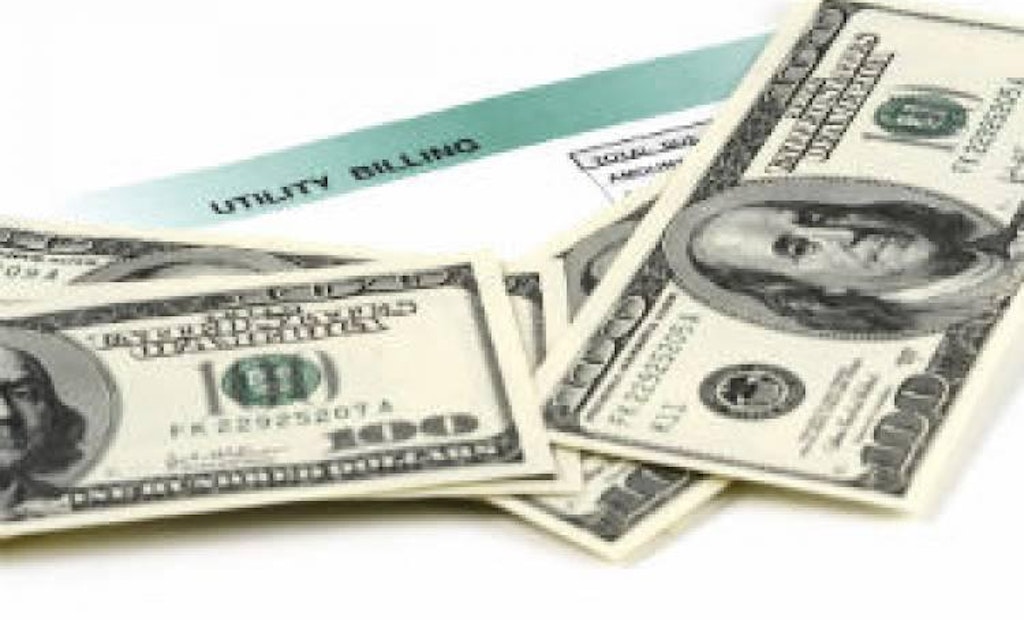Not a month goes by that we don’t read about scams targeting utility customers. Unfortunately, it’s a pretty common occurrence.
Here’s just a small representation of some typical scams:
American Water warned its customers about a nationwide bill-paying scam where callers...





